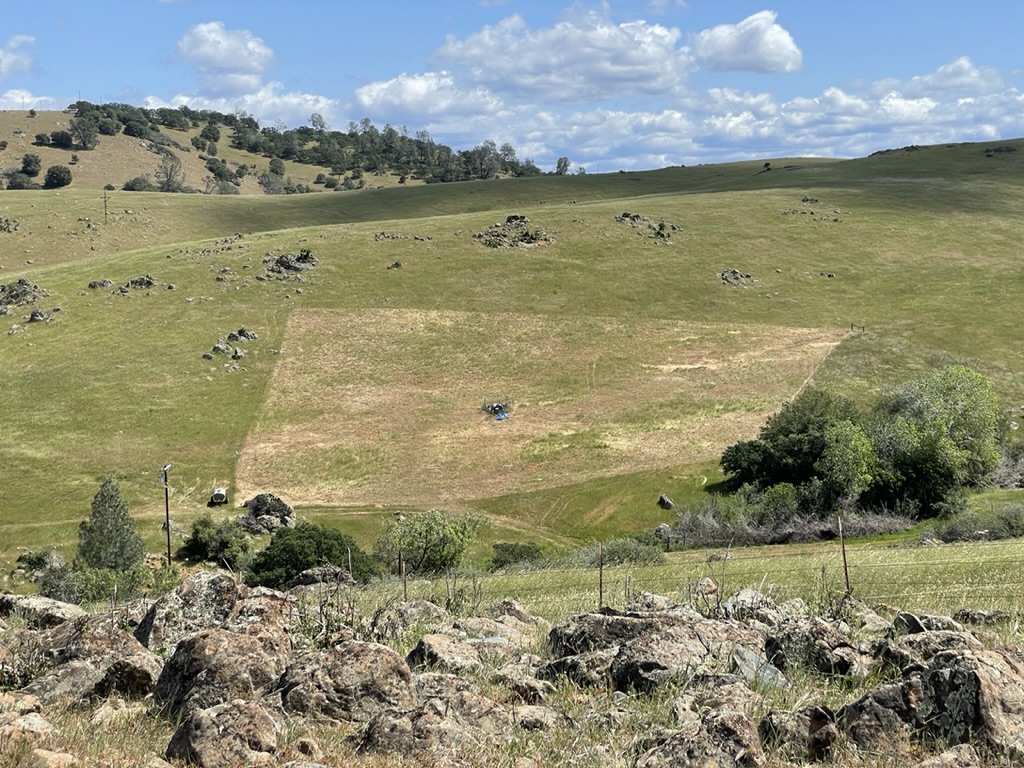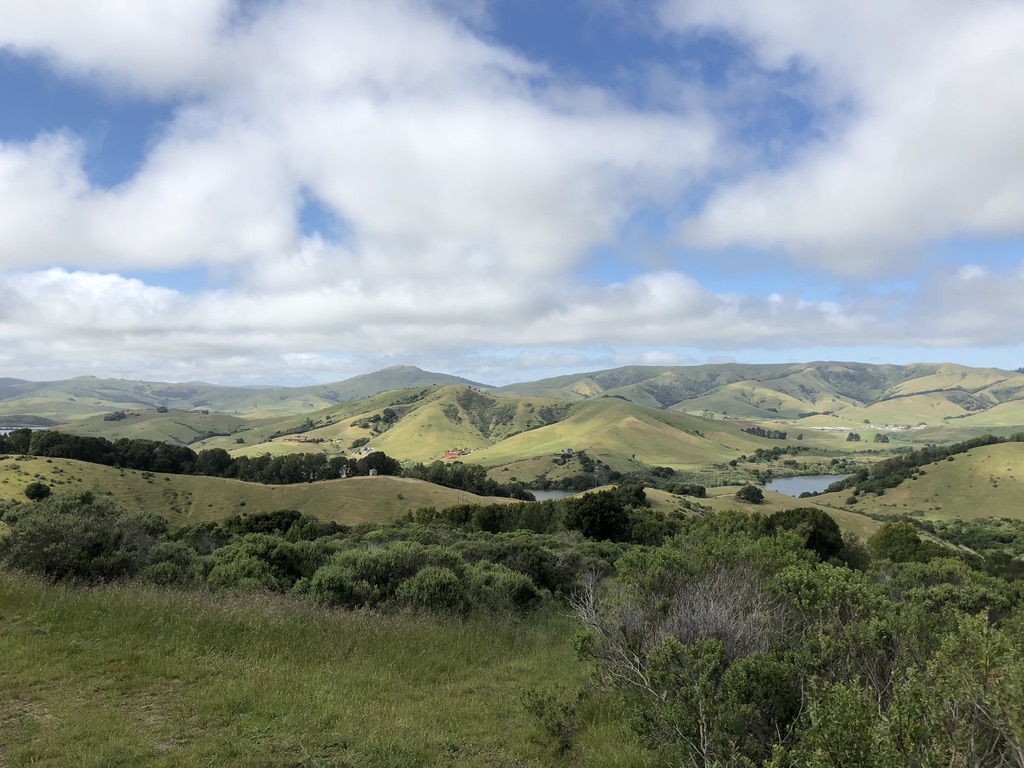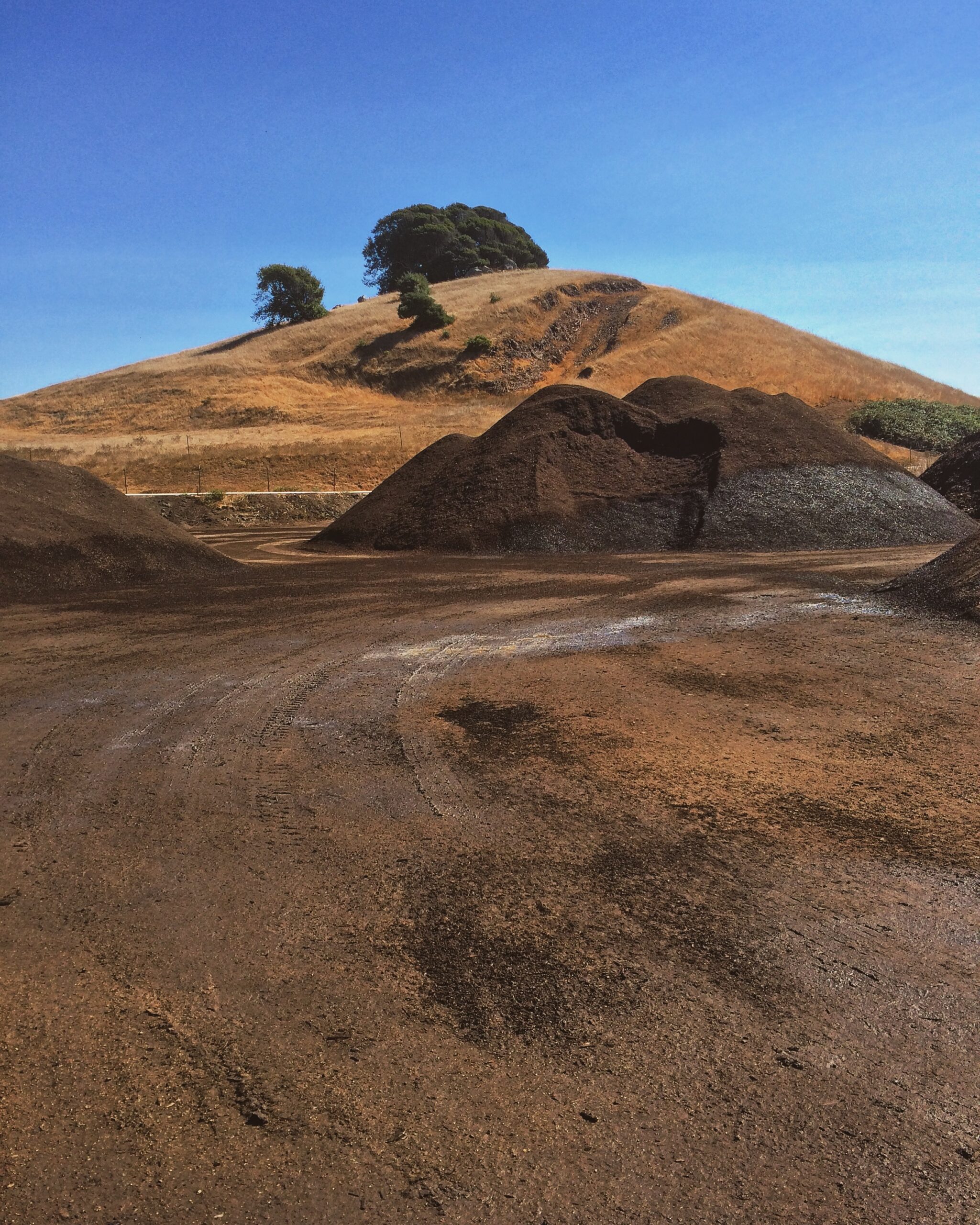Compost: Organic matter amendments have significant potential to sequester carbon in soils and contribute to climate change mitigation. The negative emissions potential of organic matter amendments increases if amendments are derived from the diversion of high-emitting waste streams such as livestock manure, food waste, green waste, or other forms of organic municipal solid waste. To realize the greatest negative emissions, diversion should result in lower emissions than the business-as-usual scenario and increase carbon uptake and storage on land. Our lab is determine the greenhouse gas emissions from composting organic matter diverted from high-emitting waste streams, following the biogeochemical impacts with land application, and determining rates of soil carbon sequestration and lifecycle emissions.
Enhanced rock weathering: The weathering of silicate rocks naturally captures CO2 from the atmosphere and converts it to carbonates and bicarbonates that have the potential to contribute to long-term carbon sequestration via burial in the ocean. We are investing the potential to accelerate rock weathering on surface soils by applying rock dust to rangelands and croplands. We are examine the separate and combined effects of rock dust with compost and biochar to identify potential synergistic effects on lower greenhouse gas emissions, plant growth, and soil carbon formation.


